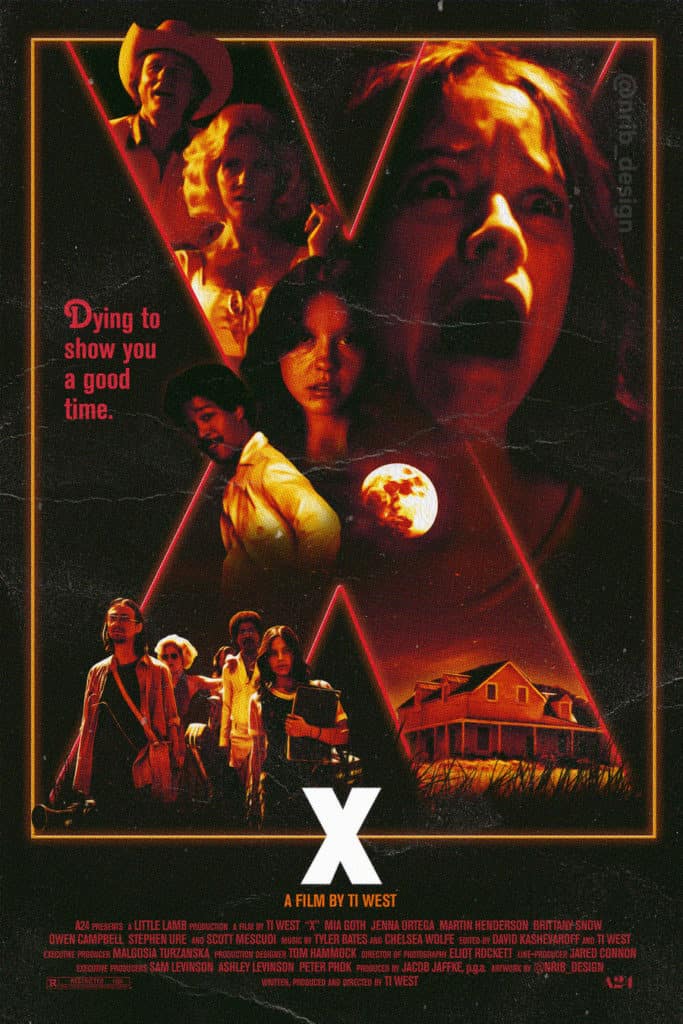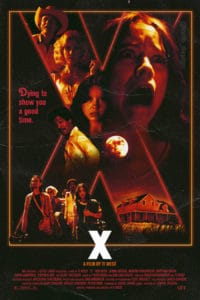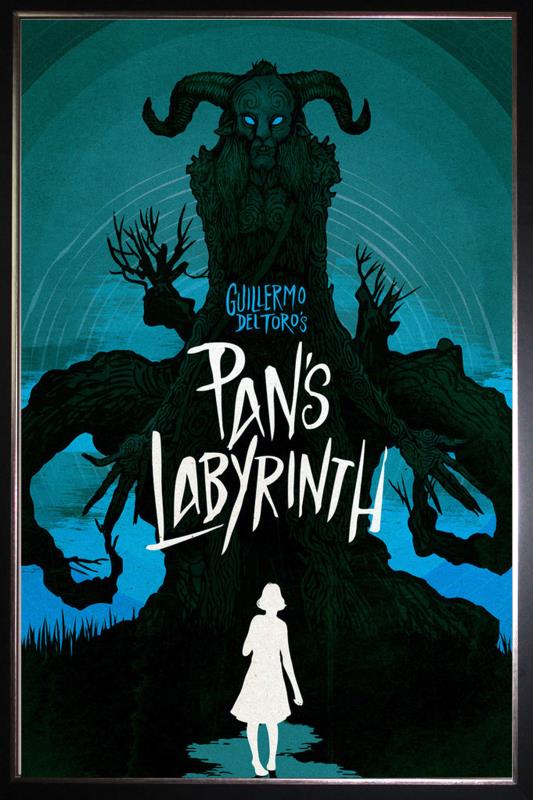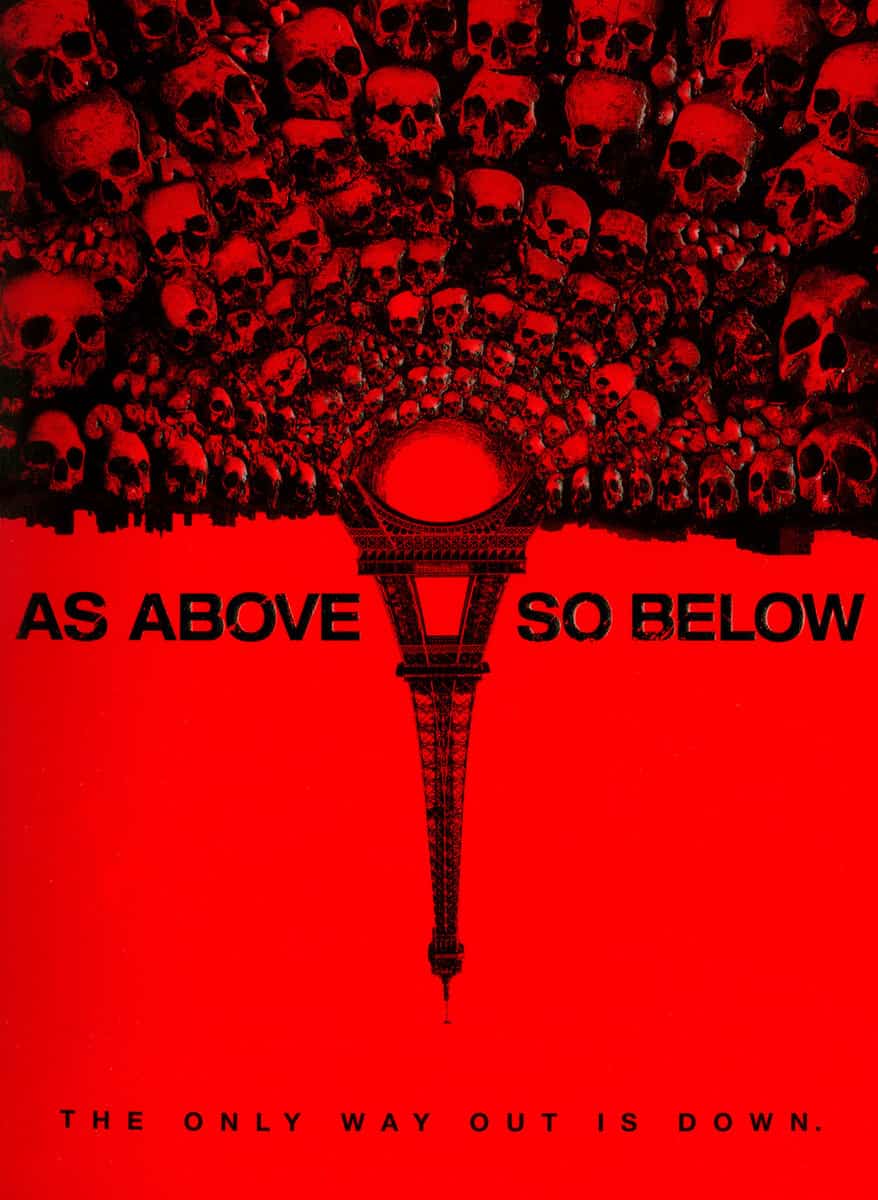
It’s always exciting when an accomplished, prolific musician makes their first foray into film music. What will it sound like? Will their sound transition? Will it work? With X, experimental/folk/doom/etc. musician Chelsea Wolfe co-scores her first film (with Tyler Bates). Let me tell you, it works.
The most noticeable aspect of their score is how dominant Wolfe’s literal voice is. It’s a fitting choice, given that the film’s four “main” characters are all women. Her vocalizations kick the score off, immediately setting the tone of the film. They’re otherworldly and haunting, floating overtop any backing music in total disregard for its existence. Our protagonists, eager to shoot low budget porn in rural Texas, may think they have a few days of gleeful hedonism ahead of them, but Wolfe quickly alerts us to their likely gruesome fates. The most striking aspect of her vocalizations is how initially gentle and inviting they are before slowly turning sinister, like a literal siren song.
Wolfe’s vocals eventually become more overtly and directly evil. Harsh whispers enter the mix, followed by brutal screams and shrieks of torment, both in pain and in search of inflicting pain. The latter are most present on the score release, such as in the fourth and fifth tracks “Pearl’s Lullaby” and “Fucking Finally.” Wolfe’s screams appear briefly during the transition between the songs, followed by thirty seconds of 70s porno funk, after which the screams return in mock orgasm and ecstasy. Those cues are notably different compared to what appears in the film (and in a different order): “Pearl’s Lullaby” may appear fleetingly while the porno funk doesn’t have the same level of musical brutality. These discrepancies are a clever way that album releases can make use of their format and tell a different, parallel story.
In general, Wolfe and Bates’ score is stripped down, with little instrumentation, light funk beats, and a handful of sounds and noise often backing Wolfe’s vocals. The score release tracks are sometimes more filled-out, bolstered by additional guitar, piano, and other sounds. Overall, though, the music is fairly minimalist and unvaried. It’s clearly much more interested in turning the world into an atmospheric, hellish abyss than anything else. Wolfe’s literal voice is the score’s highlight (with her more typical dark folk/doom song “Oui Oui Marie” close behind), with everything else being very secondary.
It may seem obvious to heavily use the female voice to represent and accompany a bloody struggle between women. But even if it is, so few film composers make use of its versatility and uniqueness. Recent examples include Gazelle Twin’s Nocturne, Tamar-kali’s Shirley, and Heather Christian’s The Craft: Legacy, but not a lot else. This is why it’s exciting and refreshing when established musicians dabble in film music, as they’re apt to bring exciting tools and ideas with them. Although Wolfe and Bates’ score for X may be a bit too “one-note” for some, it’s brutality is largely unparalleled and the sound is incredibly fresh.



